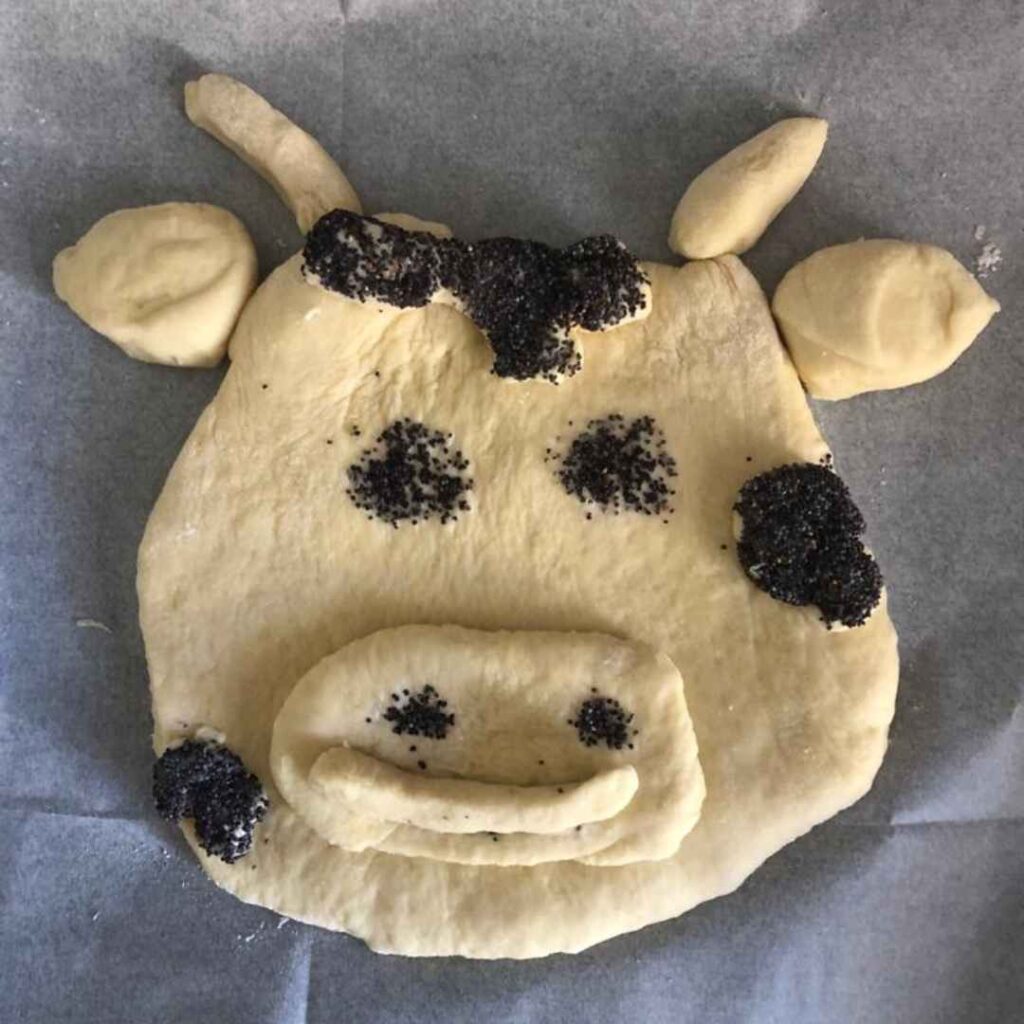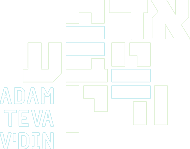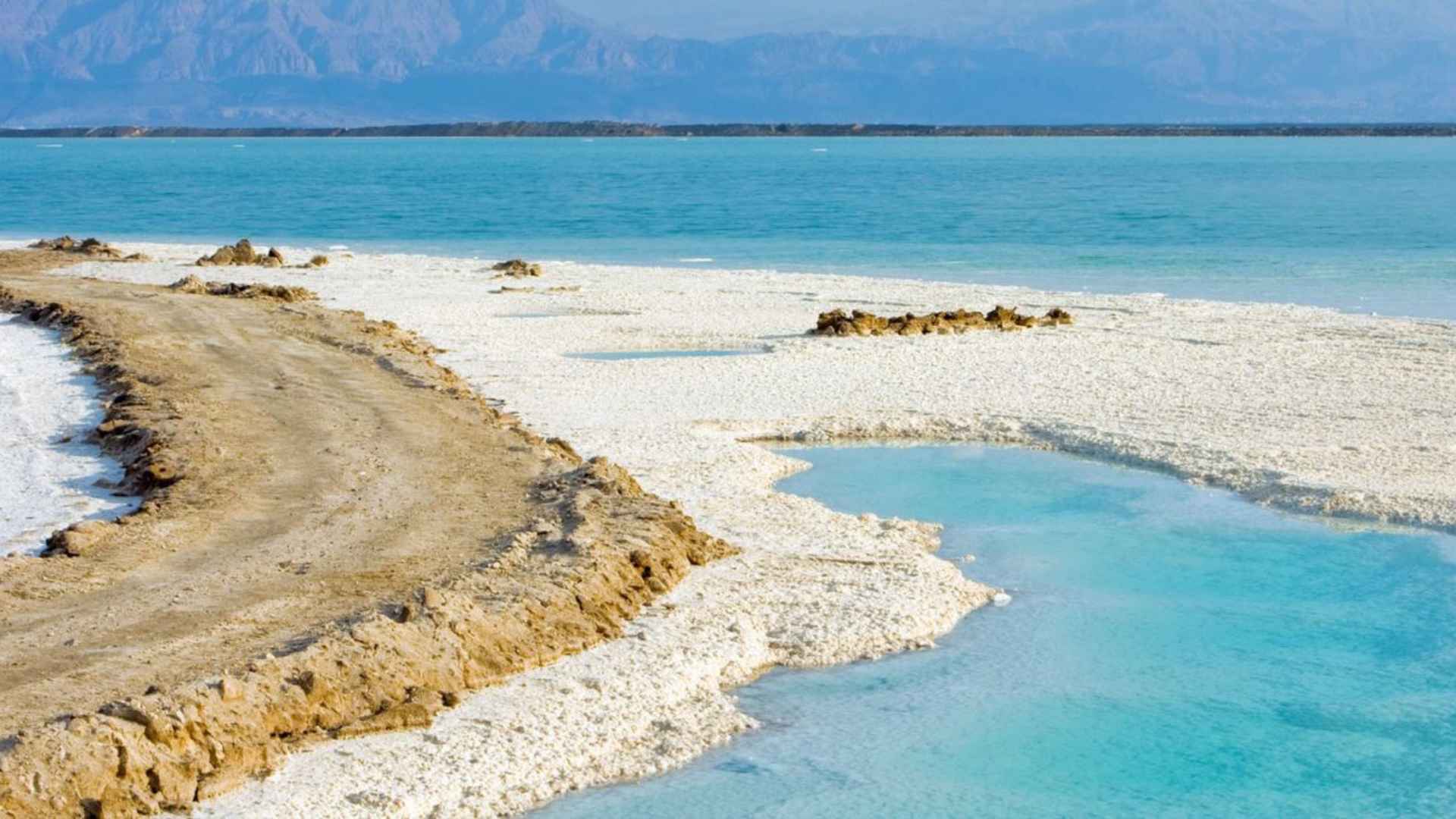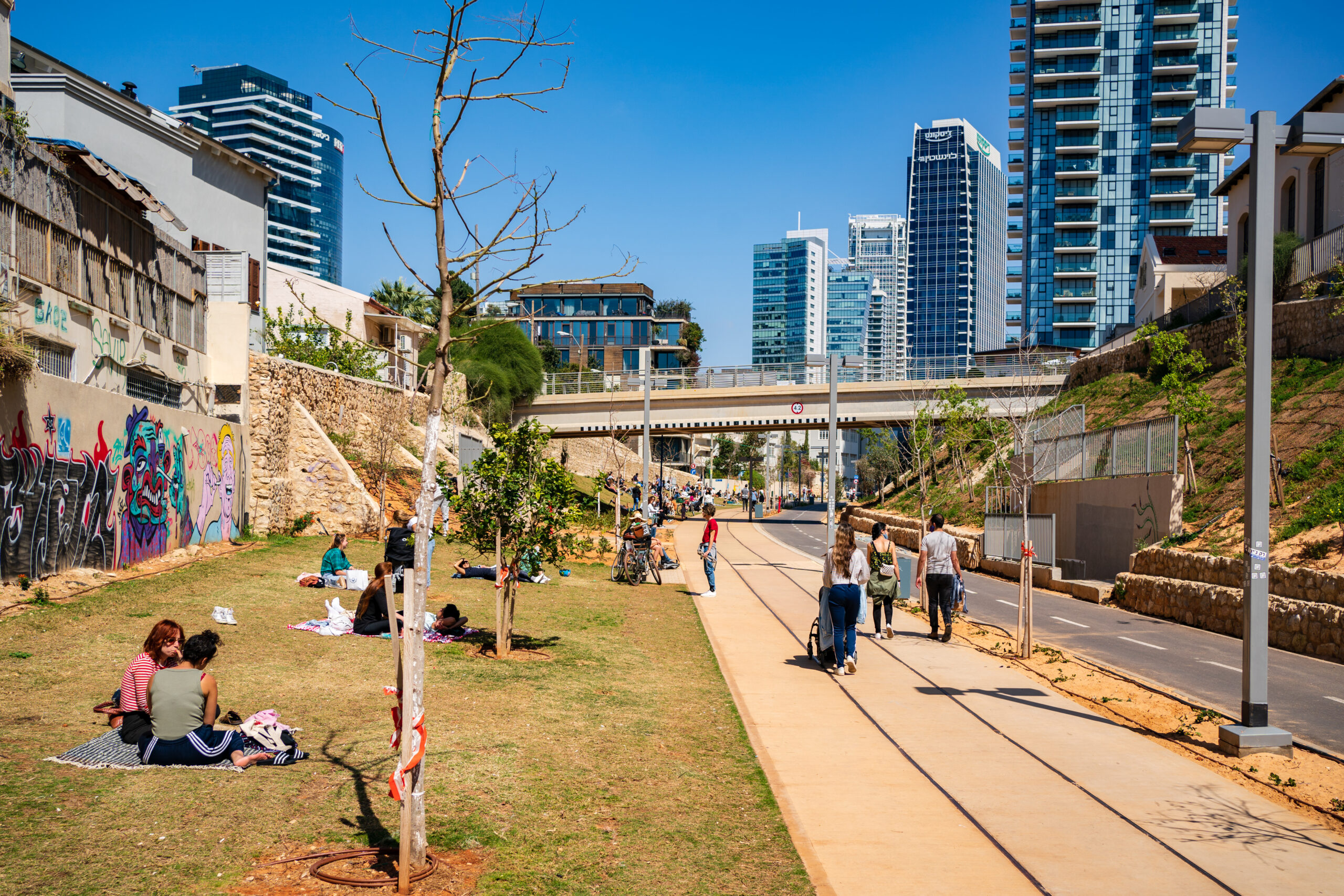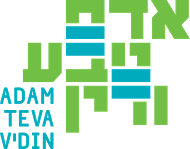Blog post by Rachel Smith-Savaya, Director of International Partnerships
In times of corona and war, I bake challot with my girls. I love the educational opportunities baking offers; measuring, counting, language, art and creativity and more recently for teaching about the parshat hashavua – the weekly Torah portion. Each Friday night the challah, in the shape of something about the parshat hashavua becomes a center piece and talking point.
As I read over this weeks’s parshat hashavua, “miketz” for inspiration for a challah design, I was struck by the concepts of sustainability and adaptation that were taken on in Egypt. Joseph has been sitting in jail for a while when Pharoh has some strange dreams about seven thin cows eating seven fat ones, and another about seven thin sheaves of corn eating seven fat ones. No one can make sense of these dreams, untl the recently reinstated butler butts in.
He suddenly remembers Joseph (who had been sold into slavery by his jealous brothers) and his ability to correctly interpet dreams. Pharoh sends for Joseph, who explains that the two dreams share one meaning. There will be seven years of plenty followed by seven years of severe famine – not just in Egypt but the entire region. Joseph recommends planning, instituting policies and preparing during the years of plenty, for the coming years of food scarcity. Joseph is immediately freed from jail and made second in command of all of Egypt.
As Egypt carefully store food during the years of plenty, they are fully prepared when the famine hits seven years later. As the famine ravages the entire region, Egypt becomes more prosperous as people from neighbouring countries – including Joseph’s brothers from Canaan, leading to a big reveal and family reunion – come to Egypt to buy food from the only country who had ensured they would be ready for this eventuality.
If thousands of years ago, the leadership was able to understand the concerns and adapt accordingly; why can’t we today? Not only is the climate crisis getting closer and already being felt, but also times of war and emergency show us that we are not ready or able to deal with emergency situations.
At the very start of the war, Israelis were told to stock up on water and ensure each household had a week’s supply, for fear that something could happen to our national water supply. We are fortunate to have reversed the water issues and fears of drought by creating desalination plants along the coast; but with rising sea levels of the concern of the desalination plants being hit by a rockets, we must ensure our wells and natural aquifer is full of clean and healthy water. When such a large percentage of our produce comes from the farming communities of the Gaza perimeter, that have been evacuated since October 7, how can we be better prepared to ensure we still have produce in our stores.
In short, how can we take a leaf out of Joseph’s book, and ensure our adaptation and resilience in the face of crisises?
Shabbat shalom
